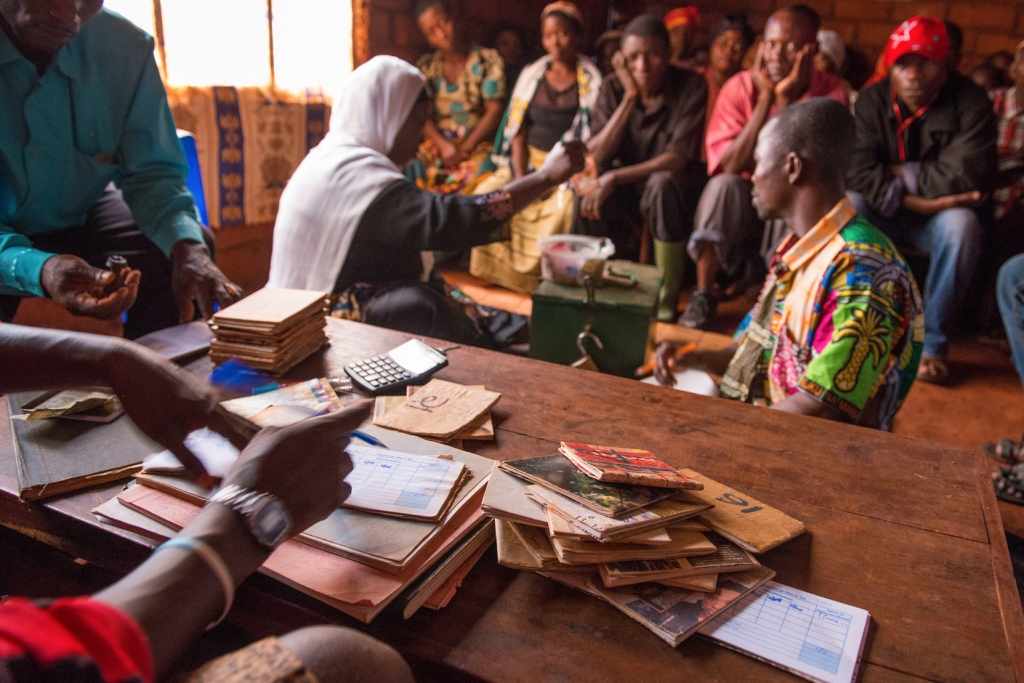Sustainable conservation of natural resources throughout the Serengeti ecosystem depends on the livelihoods of the surrounding communities. Without the involvement of local communities in working to reduce the dependence on natural resources, the efforts taken to conserve the wildlife and environment in general will not be achieved. Community Conservation Banks, or COCOBAs, are based on community savings and banking loans model and provide people living in natural resource-rich areas with alternative income generating activities.
Since 2008, FZS, together with our partners and with support from the European Union, has facilitated the formation of more than 40 COCOBA groups in several districts throughout the ecosystem with the aim of improving household income and reducing the impact on natural resources in villages adjacent to Serengeti National Park.
What is a Community Conservation Bank?
15 to 30 community members from within the village meet weekly and contribute to a common bank, from which they are later able to take low-interest loans to support conservation-friendly (or neutral) income generating activities. Further supporting the conservation aspect of this enterprise, many of the groups so far established consist entirely of former illegal bushmeat hunters who have agreed to stop poaching wildlife and are looking for alternative livelihood options.
The effectiveness of the COCOBA scheme is due to its emphasis on elements of self-help initiatives, community capacity building and local resources mobilization, community’s project ownership and joint management. The banks themselves are long-lasting and sustainable, and have been very successful so far. FZS is implementing a Training of Trainers approach to build expert capacity within the district and village levels.
A few examples of businesses the members of COCOBA have started with their loans: beekeeping/honey production, chicken farming, tailoring, traditional dance groups (for tourist hotels)
FZS is also in the process of supporting COCOBA groups regarding access to local and international markets by improved marketing and products quality and quantity.
